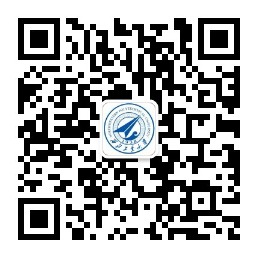To promote the integration and innovation of teaching philosophies and methods between NPU and QMUL teachers, enhance the internationalization of the QMES faculty, and further improve quality and standards of education, QMES organized a two-week QAA & QMUL “Teaching Qualification Certification” training course. This event took place from July 28 to August 10, 2024, with the support of the International Cooperation Office and the Undergraduate Academic Affairs Department. Fourteen teachers from the School of Materials Science and Engineering, the School of Chemistry and Chemical Engineering, the School of Mathematics and Statistics, and the School of Physical Science and Technology participated in the training at Queen Mary University of London (QMUL). The delegation was led by Wang Yongxin, Vice Dean of QMES.
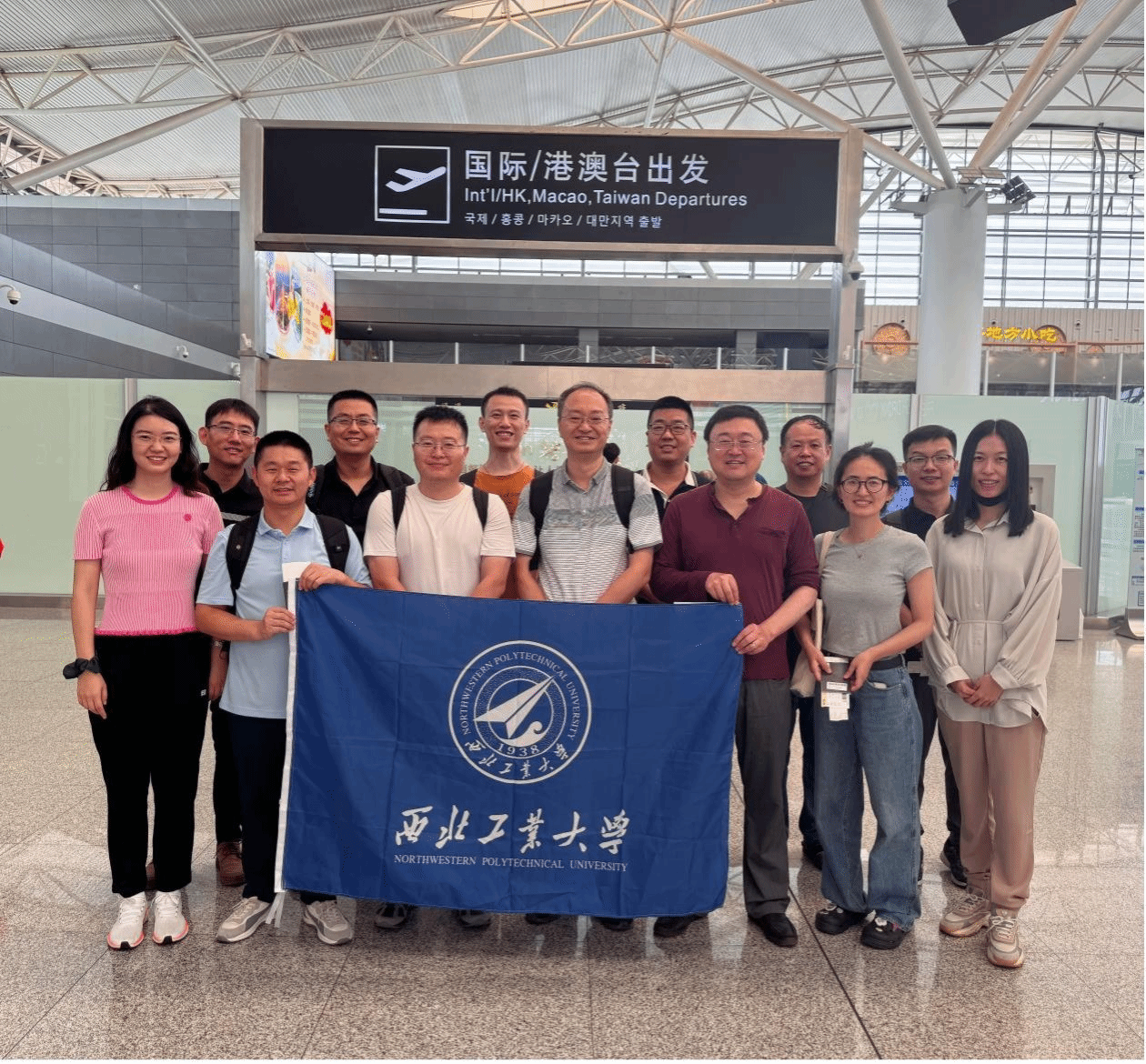
On July 15, Zhang Jiayu, the Foreign Affairs Secretary of the Teaching Affairs Office, provided pre-departure training for the delegation members. She gave a detailed briefing on various aspects of the trip to the UK, including the schedule, diplomatic etiquette, safety precautions, and official requirements, to help the participants prepare for their journey.
At 10:00 on the morning of July 29, Professor Hazel Screen, Head of the School of Engineering and Materials Science at QMUL, inaugurated the exchange and training programme. She warmly welcomed Professor Wang Yongxin and all visiting teachers, expressing hopes that they would gain a deeper understanding of QMUL’s British teaching philosophy and methods over the next two weeks. She also anticipated that this would allow QMUL staff to better appreciate NPU’s education model. Through mutual understanding and integration, the programme aims to develop an innovative and internationalised teaching model for Chinese-foreign cooperative education. On behalf of all the teacher, Wang Yongxin thanked Professor Screen for her warm welcome and expressed eagerness for the upcoming learning and practical sessions.
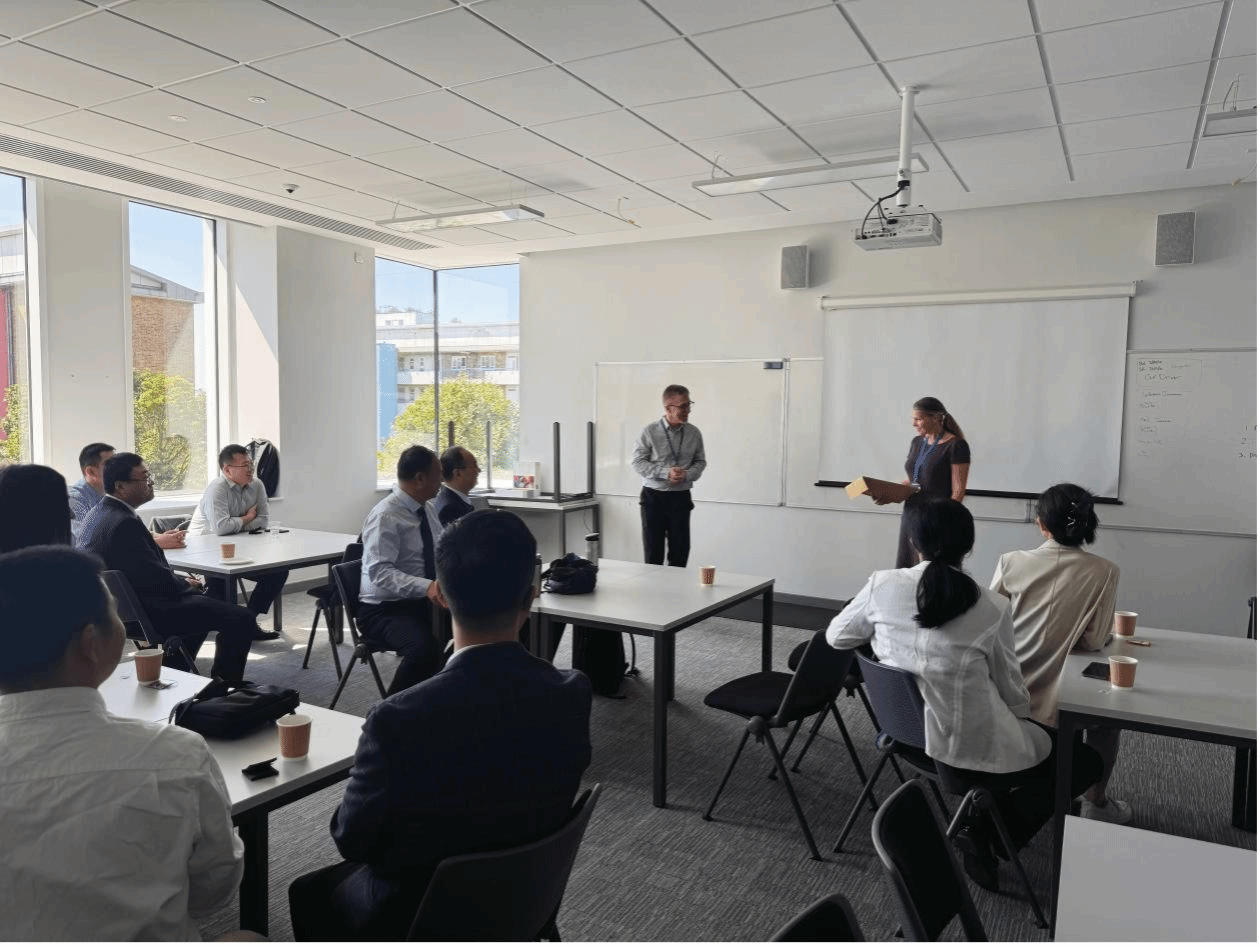
The first week of the program focused on theoretical training, covering a range of topics including ILOS and the Curriculum, Active Learning, Group Work/Cooperative Learning, Exam QA, Assessment Design, and Technologies for Learning. The sessions were conducted by Sulafudin Vukusic, Director of the International Centre for Teaching and Learning (ICTL) at QMUL, along with Faith Nightingale, Director of Education, and Colin Crick, Director of Academic Standards, among other teachers and experts.
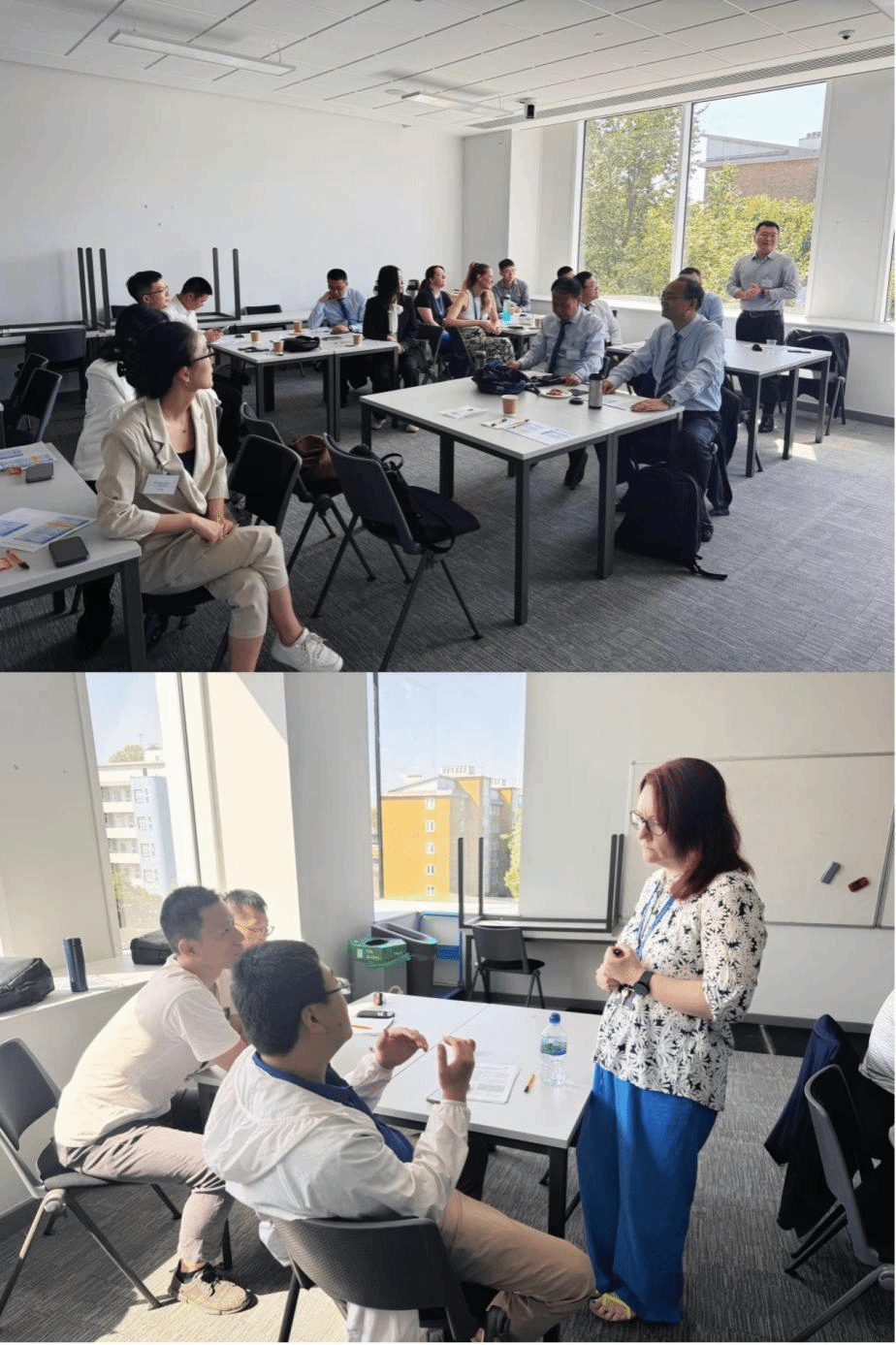
Through lectures, group discussions, and site visits, the teachers were introduced to advanced international teaching concepts and engaged in in-depth exchanges with experts. At the closing ceremony, each teacher shared their enhancements in teaching methods tailored to the nature of modules, incorporating techniques such as flipped classrooms and Menti to increase student engagement and improve module evaluations. This preparation aims to refine their teaching methods for the upcoming academic year. Professor James Busfield, Deputy Head of the School of Engineering and Materials Science at QMUL, presented project training certificates to all the teachers, expressing gratitude for their meticulous preparation and hoping for more teaching method exchange activities at NPU Chang’an Campus in September.
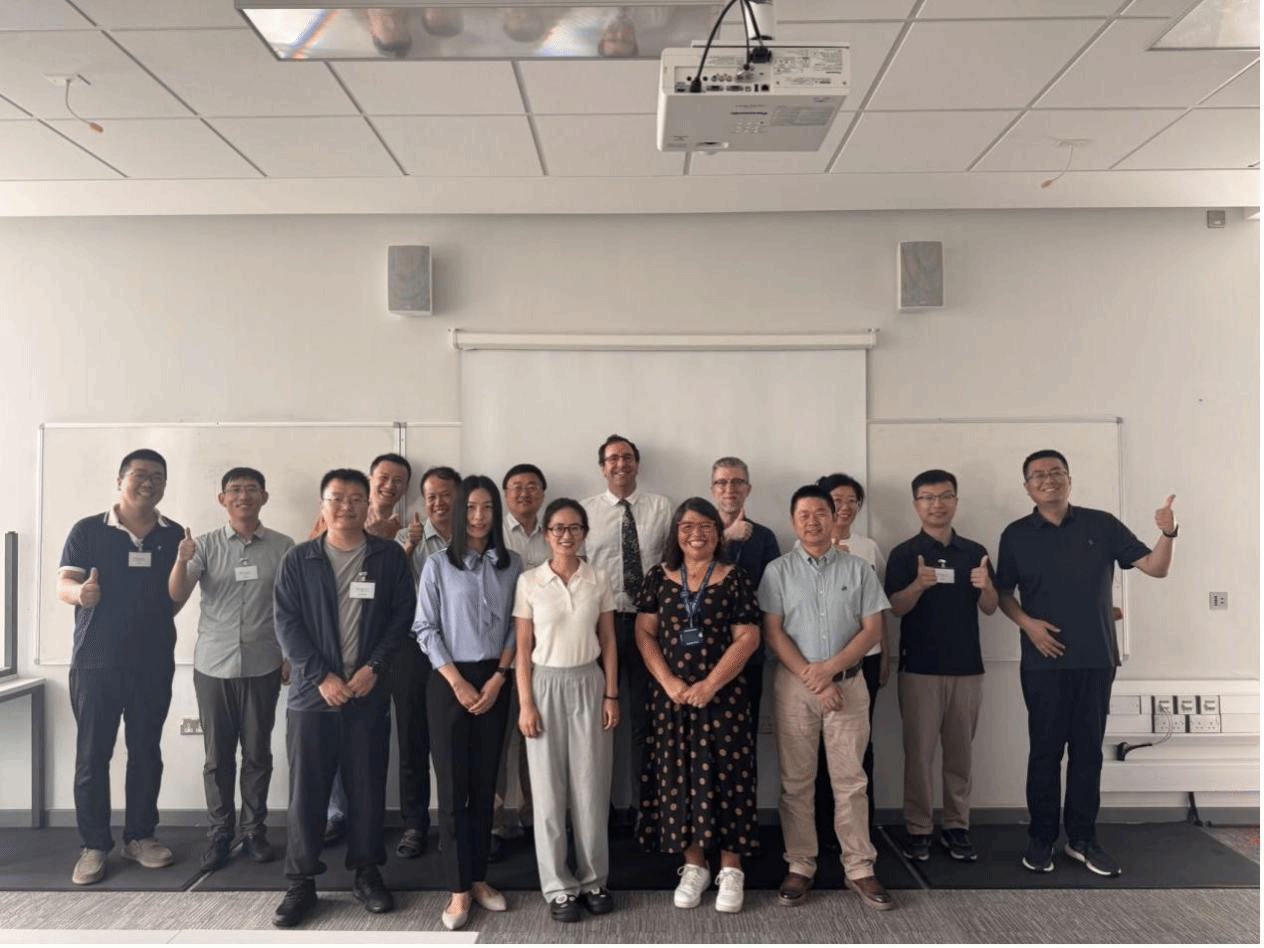
In the second week, the programme focused on practical visits. Teachers toured the student innovation workshop at QMUL’s School of Engineering and Materials Science, observing QMUL’s module delivery and engaging in hands-on activities. They also visited the Haptics Laboratory at The Royal London Dental Hospital, where they experienced dental restoration teaching. Additionally, the group visited the British Library, the Francis Crick Institute’s Biological Museum, and the Welcome Collection.
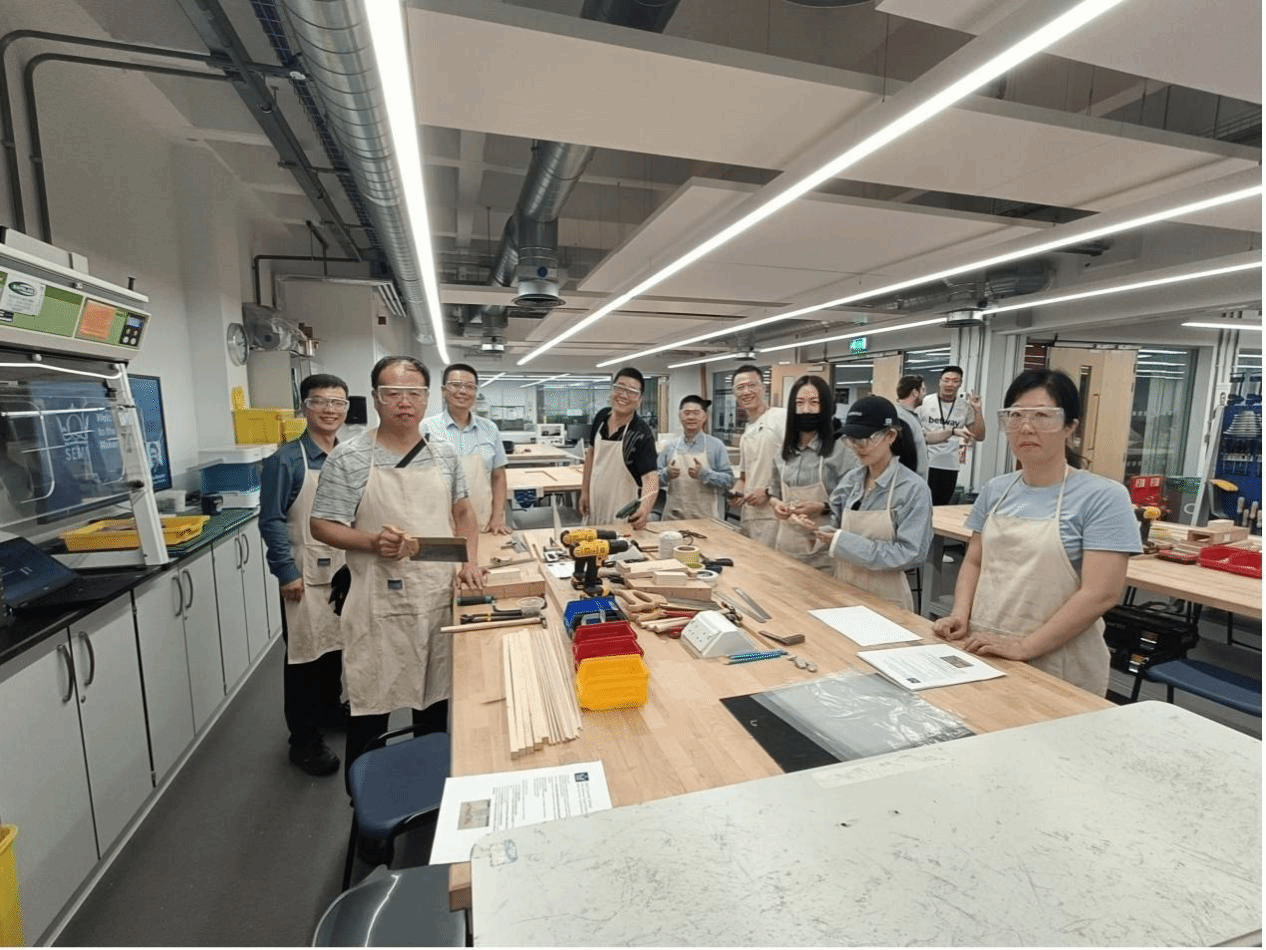
As part of QMES’s teaching training and capacity-building initiatives, the International Centre for Teaching and Learning (ICTL) at QMES sends several teachers for training at QMUL annually. This programme encourages exploration and innovation in the design of full English courses, teaching methods, and assessment models within an international context. Through this exchange, the teachers expanded their teaching perspectives, learned advanced international teaching philosophies and methods, and provided timely summaries and feedback upon completion of the training.
Professor Zhang Chengyu from the School of Materials Science and Engineering remarked, “The training at QMUL was highly beneficial, significantly reshaping my understanding of teaching. I gained deeper insights into important concepts and methods such as active learning, group teaching, and flipped classrooms, which enhanced my comprehension of both teaching and learning. The training also provided a valuable cultural learning experience, and the UK's industrial revolution and technological advancements will offer further inspiration and reflection for my teaching and research.”
Professor Luan Xinggang from the School of Materials Science and Engineering commented, “The instructors from QMUL demonstrated student-centred teaching design concepts and mastery-oriented teaching techniques through analysis of educational literature, teaching data, and live demonstrations. Under their guidance, we identified issues within our teaching practices, collectively discussed applicable technologies for course improvement, and presented our proposed enhancements in group sessions. This experience has been a profound journey in advancing teaching philosophy and an enriching feast of teaching techniques.”
Associate Professor Du Chengfeng from the School of Materials Science and Engineering remarked, “The short-term exchange programme at QMUL in the UK has been highly rewarding. Not only did I gain insights into British teaching philosophies, but I also engaged in in-depth discussions with UK educators on planning teaching objectives, designing courses, and conducting teaching practice research. Particularly enlightening was our exploration of how course design aligns with educational goals and overall student development plans, which has provided me with a new and profound understanding of designing and implementing teaching plans.”
Associate Professor Li Wei from the School of Mathematics and Statistics stated, “This training has significantly enhanced my understanding of teaching design and methods. From outcome design and group work to assessment, I gained a deep appreciation for a comprehensive, closed-loop teaching process. The extensive use of active learning techniques and diverse feedback methods have further advanced my teaching practices.”
Associate Professor Han Xiao from the School of Materials Science and Engineering noted, “Through classroom teaching, group discussions, and practical visits, I have gained a tangible understanding of British teaching principles and methods. I hope to progressively integrate what I have learned into my future teaching, incorporating active learning, multiple feedback mechanisms, consistent planning, advanced technology, and quantitative assessment into daily instructional practices, thereby enhancing teaching quality and supporting the development of ‘Chief Engineer-type’ talents.”
QMES will continue to offer training and professional development for young teachers, covering all English-language instructors across NPU’s schools and departments. The aim is to transform learning outcomes into enhanced teaching quality, contributing QMES’s wisdom and efforts towards achieving the “127” short-term development goals and the long-term vision of becoming the “World’s Leading in Education, Top in Aviation, Aerospace, and Navigation”.
(Text: Yang Ye; Photo: Yang Ye; Edit: Han Huichun; Translate: Shen Xinyi; Review: Wang Yongxin)

